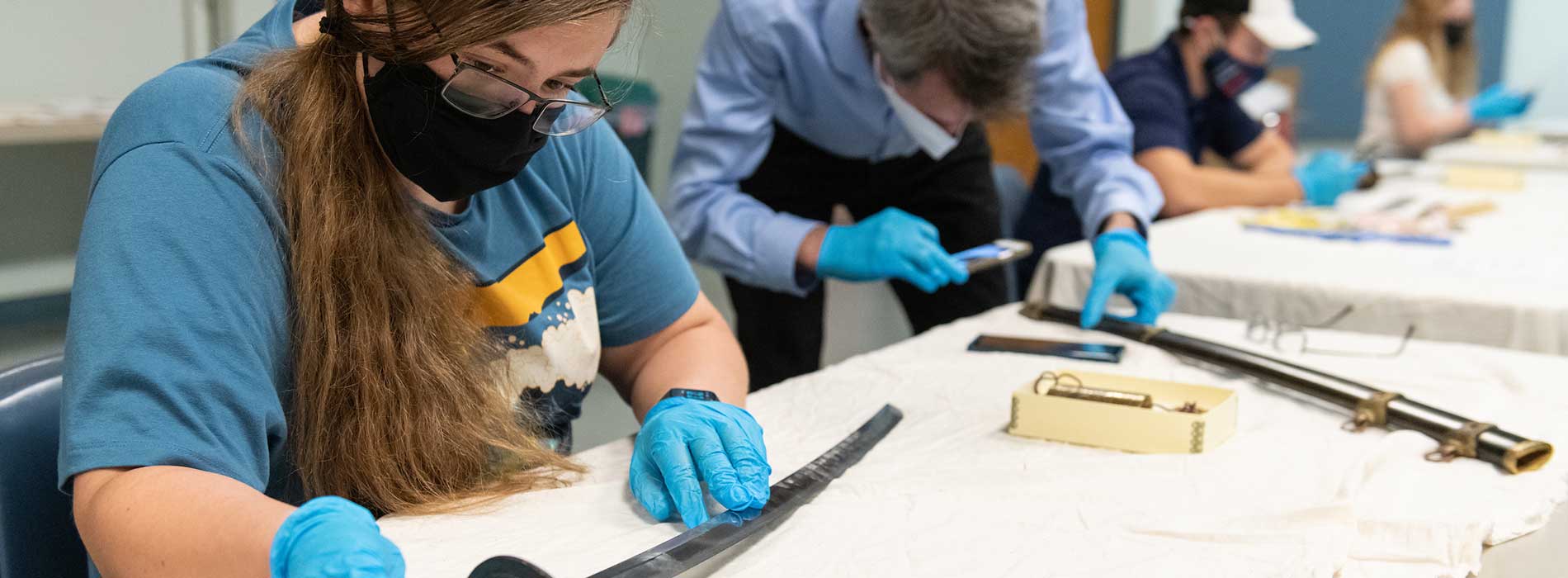FAQs
What is the value of a history degree?
+
A History Degree Is Versatile, Marketable, and Potentially Lucrative!
In addition to the intrinsically interesting and important questions that History asks about our selves, nation, world, cultures, the environment, and time, the History degree offers its majors the opportunity to develop skill sets that are in high demand across a wide range of fields–check out the ideas and links below.
- Employment growth has been extremely high for majors teaching “soft skills” and “thinking skills”: critical thinking, complex problem-solving, as well as written and oral communication.
- Three out of four employers want new hires with precisely the sorts of skills that the humanities teach.
- History majors make more over the course of a lifetime than many other majors, including those in STEM.
- A 2011 report issued by the Center on Education and the Workforce at Georgetown University found that the median income for individuals with a History B.A. degree is the highest in the Humanities and Liberal Arts category. The median income for individuals with a B.A. in History is $50,000 overall and $57,000 for U.S. History. The same report indicated that there is a significant boost in earnings for individuals with an M.A. in History.
- 19 percent of Congress members majored in the humanities.
- Between 2000 and 2009, humanities majors scored 9 percent higher on the Graduate Management Admission Test than business majors.
- More humanities courses in college equals a greater probability of civic engagement.
- Humanities graduates are more widely distributed throughout different economic sectors than degree holders in most other fields.
- 84 percent of humanities majors are satisfied with their choice of major one year after graduation.
- From 1996-2009 humanities majors represent 20% of students taking the Law School Admission Test, performing better than behavioral and social science majors.
What are history majors involved in?
+
History Majors at UIS are active across the country and around the world
Our current students and graduates are busy using their history degree. They contribute to their communities across the country and around the world.
What can you do with this degree?
+
History graduates often become teachers, but teaching is not the only option available to someone with a History degree. Our graduates have a high placement rate in a variety of careers. Many go on to advanced research and prestigious museum training programs.
A Bachelor’s Degree in History is useful for careers in the following areas:
- Health sciences
- Journalism
- Law
- Writing
- Administration
- Religion
- Public Service (including Politics and Philanthropic Foundations)
- State Agencies and Departments
- Historic Site management
- Teaching at the secondary level
In addition to the opportunities above, a Master’s Degree will help lead to a career in:
- Advanced research
- Government
- Museum science
- Publishing
- Teaching at the college level
Explore UIS History Student Stories to see what our recent B.A. and M.A. graduates have been up to!
Where do history graduates go on to work?
+
Recent Employers of UIS History graduates include:
- Alternative Bearings Corporation
- Ball-Chatham School District
- City of Springfield
- The Smithsonian
- Illinois State Military Museum
- Abraham Lincoln Memorial Garden & Nature Center
- Lincoln Legal Papers Project
- Historic Sites Commission of Springfield, IL
- Illinois State Museum
- First Division Museum at Cantigny
- National Archives and Records Administration
- The Sawmill Museum
- Springfield Sister-Cities Association
- University of Dallas
- University of Michigan
- U.S. Army
- Yellowstone Historic Center
What is the honors program in history?
+
The honors program is designed to allow the highest-performing students in the major to develop skills above and beyond those required of the typical undergraduate student. It focuses on developing skills that assist high-performing students in applications to graduate and professional schools.
Eligibility requirements and an overview of the course-embedded portfolio model can be found in the course catalog.
